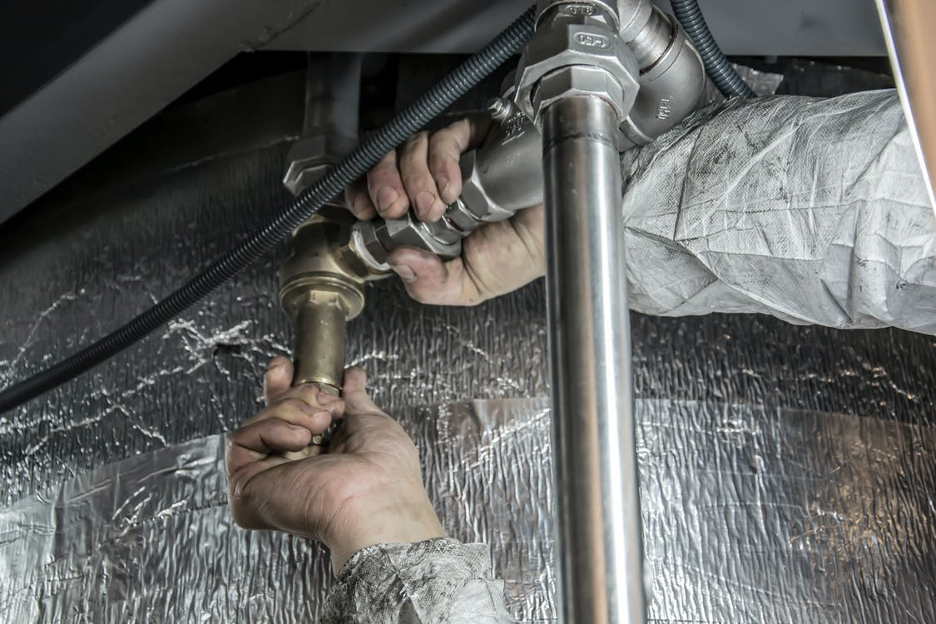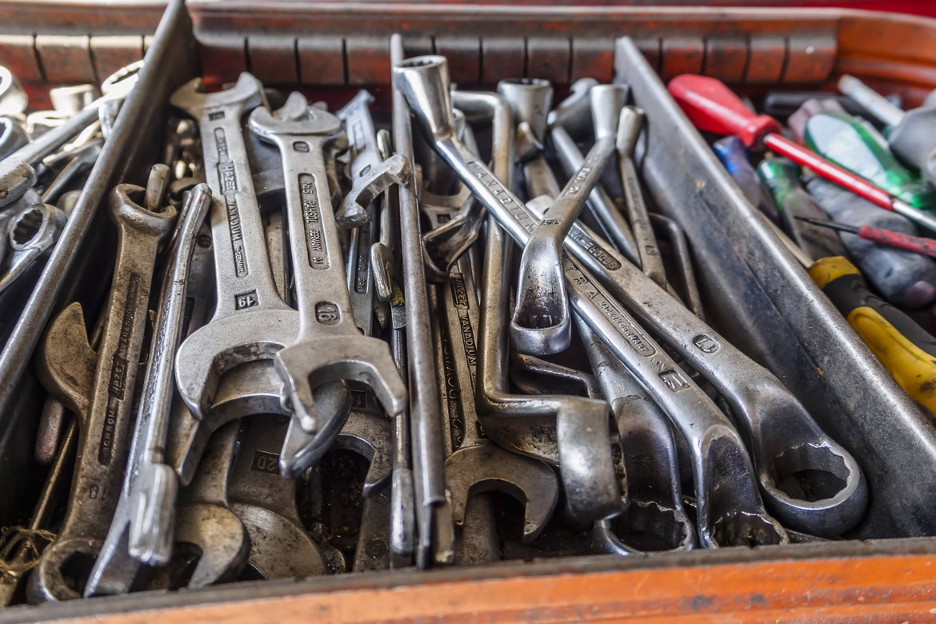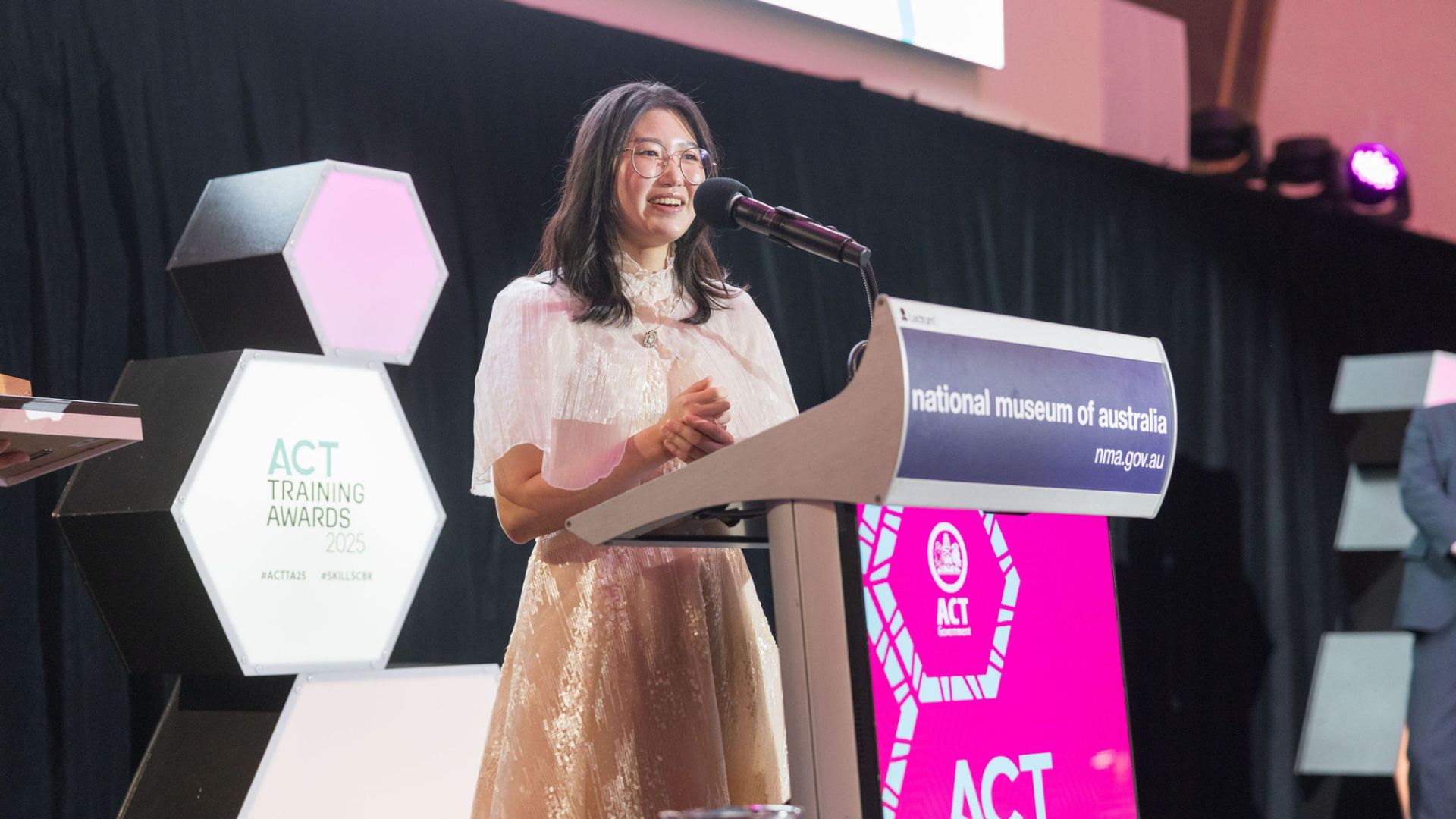How To Become A Plumber? All You Need To Know…

Gas and water are the lifeblood of logistics and essential infrastructure, from houses and apartments to work offices, shopping centres and high rise buildings.
As a plumber, you work to help sustain the nation’s residential, commercial and industrial infrastructure. Plumbers can count on excellent job security, there’s always work to do. After completing your certification and gaining experience, you will also be able to run your own business and control how you work.
As a plumber, you use your critical thinking, practical know-how and equipment to help ensure people have access to clean flowing water and gas. Plumbing is often noted as one of the most lucrative occupations of the trades, and while it requires continual learning and some tolerance to bad smells, plumbers are always in need and your training incurs no HECs or HELP debt.
If you want to get started down this career path, keep reading. Our staff at 1300apprentice have assisted numerous school leavers and mature aged people to find successful outcomes in trades and work, and we can help you too.
What Skills are Beneficial for Plumbers?
- Technical knowledge
- Good problem-solving skills
- Good grasp of basic maths
- Continual learners
- Customer service
- Safety and compliance
- Physical fitness
What Certifications Do You Need to be a Plumber?
There are two levels of qualified plumbers based on certification: registered and licensed.
You will need to complete the Certificate iii in Plumbing to become a general plumber. This lets you work as a registered plumber for certain types of plumbing work, but you will not be able to issue a compliance certificate. As a registered plumber, you must also work under and be supervised by a licensed plumber.
To complete the Certificate III in Plumbing, you need to complete a 4-year apprenticeship under the supervision of a licensed plumber.
To become a licensed plumber and be able to take on the full scope of plumbing work and net in the financial benefits and independence that come with it, you will need to complete the Certificate iv in Plumbing and Services after completing the initial certification.
Becoming a Plumber through Completing an Apprenticeship
As a trade skill, it is mandatory that you undertake an apprenticeship while completing your certificate. The value of this is that you are able to learn and apply your knowledge in a hands-on way while you study so that you have the full benefit of theory and a good understanding through practical applications.
Undertaking a plumbing apprenticeship and certification also allows you to shrug off the massive debt that many other students take on when studying through university or college institutions. If you become an apprentice through 1300apprentice, we are your employer and we take care of the TAFE/RTO fees, WHS/PPE fees and equipment, wages, allowances as well as mentoring and support.
We pair you with a host employer where you can work and gain the skills that you learn through your certificate.
There’s also the benefit that you immediately start earning money, while you learn. Allowing you to not only avoid incurring debt from tertiary studies but quickly start adding to your bank account from the get-go.
Responsibilities of a Plumber Apprentice

- Handle hand and power tools
- Cut and assemble pipes
- Assess and repair structures in piping systems
- Install hot and cold water systems
- Unclog water and gas systems
- Clean water supply
- Fabricate and install soil and waste stacks
- Refer to blueprints and drawings to identify plumbing systems and materials needed
- Install mechanical services for industrial plants, boring systems and air conditioning equipment
- Willingness to learn
How long does a plumber apprenticeship take?
4 years full-time.
How much does a plumber apprentice make?
Like standard employees, you make more money as an apprentice with the more experience that you gain.
The average salary for an apprentice plumber in Sydney, NSW is $53,081 per year, according to Indeed in 2022. Registered plumbers in Australia earn a median salary of $73,788 or $1,419 in weekly earnings, according to the Jobs and Skills Australia website.
Different Types of Plumbers (Specialisations)
Registered and licensed are not the only differences between plumbers in Australia.
You can also undertake another certificate after completing a Certificate iii in Plumbing to further develop through specialisation and better hone your skills.
- Water supply
- Sanitary
- Roof plumbing (stormwater)
- Drainage
- Gas fitting
- Fire protection
- Irrigation (non-agricultural)
- Mechanical service
- Emergency plumbing repairs.
Get Started
Begin your journey into life-long learning as a full-time plumber apprentice. Get guidance and support in a rewarding field, where there are many opportunities for advancement and never a shortage of work.
Find available jobs or forward us your resume today.




